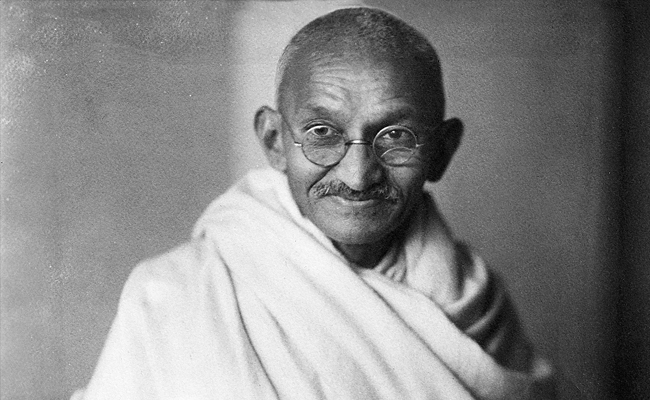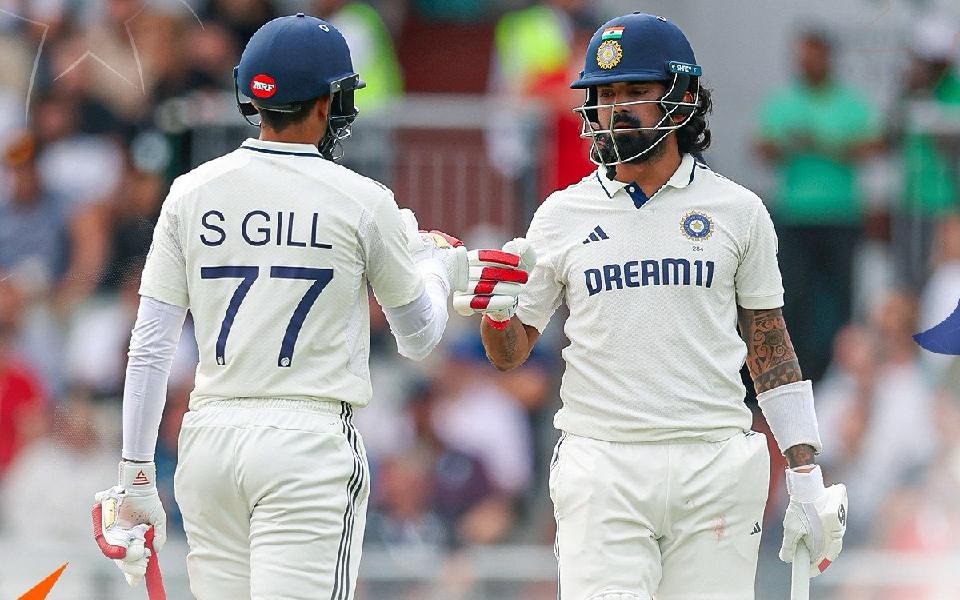In a world that is in flux day after day, with Political unrest and bloodshed, the global conflict, the concept of non-violence propounded by Gandhiji is highly required today. Mahatma Gandhi's philosophy underpins "Ahimsa" or non-violence-coated group consciousness endowed with harmony or peace even when the situation is tough.
The global image seems fragmented rather than an integrated one, with internal and social conflicts existing along with the widening ideological differences that now exist. Conflicts ongoing in the Ukraine, continued unrest going on in the Middle East, and what was once referred to as an African renaissance describes how problems being solved through violence would only prove to ensure that its people would be further divided and full of anger. Consequently, the average citizen bears the cost when governments and movements resort to violence in order to achieve their goals. Trust wanes, economies implode, and families are uprooted.
Gandhi's message goes beyond the idea that a battle can never truly be won by using force. According to his message, the hollow victory is that person who leaves not only hatred and destruction behind but also an endless cycle of backlash. His non-violent philosophy encourages seeking out communication, empathy and understanding while looking on opponents as fellow human beings rather than at foes. And it is non-violence that has kept this divided planet at peace for a long time.
Political unrest is nothing new in India; this is hardly the kind of situation Gandhi had in mind for the country he called the "Eastern Home" of peace. Conflicts based on religion, caste, geography, and even ideologies have arisen in recent years in India, posing a threat to the fundamental fabric of the country. Aggressive, hateful speeches from political opponents and mob violence have increased significantly; these are very different from the atmosphere and tone Gandhi worked to create throughout India's freedom movement.
For India, Gandhian values are becoming more critical at this point. All these differences are assets to the nation; diversity can only be celebrated and not weaponized via peaceful cooperation. There is an ever-increasing Gandhian sense of "Sarvodaya," or welfare for all, as the world becomes increasingly fragmented.. It is important to note that non-violence does not equate to inactivity. Non-violent resistance may be bold and activist in action, as observed in the Indian independence movement, as it is against injustice and oppression.
Nonviolence has always been the most feasible survival strategy in this era, rather than idealization of the past. However, the world is becoming much more interdependent. Violence in one area hurts other others. War never has been a source of only just killing and dying; it also creates economic, environmental, as well as social calamities. Some examples of items that speak to the consequences of war are economic sanctions, refugee crises, and environmental damage.
The compassion and love that Gandhi knew will, indeed, change. Such movement, or nonviolent resistance, merely opened the moral conscience of the oppressor, instead of forcing them to yield. Now is the time for relearning the way of Gandhian equal discourse over destruction, peace over power, and unity over division at such times when intolerance is on the rise everywhere.
VarthaBharti wishes to convey the message of the Father of the Nation today on his 155th birth anniversary that there has never been a greater moment for us to understand that peace is not the absence of conflict but rather the victory of justice, which is by definition only possible through nonviolent means.
Let the Truth be known. If you read VB and like VB, please be a VB Supporter and Help us deliver the Truth to one and all.
New Delhi: The National Council for Education Research and Training (NCERT) is reportedly developing two special modules on Operation Sindoor, aimed at familiarising students with India's military capabilities.
“While the first special module on Operation Sindoor will be for students of Classes 3 to 8 and second will be available for Classes 9 to 12. The aim of these modules is to make students aware about India's military power and how Pakistan was defeated once again,” Hindustan Times quotes its source as saying.
Each module will span approximately 8 to 10 pages and will focus on the achievements of the Indian Armed Forces.
These modules are expected to be introduced in the upcoming academic session and will supplement the existing syllabus.
In addition to Operation Sindoor, NCERT is also preparing modules on a range of national achievements and historical events. Upcoming topics include Mission LiFE ('LiFEStyle For Environment'), the horrors of Partition, and India's growing stature in space exploration—from the Chandrayaan and Aditya L1 missions to Subhanshu Shukla’s journey to the International Space Station, HT quoted a source from the education ministry as saying.
Meanwhile, the Central Board of Secondary Education (CBSE) has written to states, directing them to mandatorily adopt NCERT textbooks for Classes 9 to 12. The board has also “strongly advised” that states use either NCERT or State Council of Educational Research and Training (SCERT) books. Supplementary materials may be used by schools, provided they align with the National Curriculum Framework



_vb_98.jpeg)

